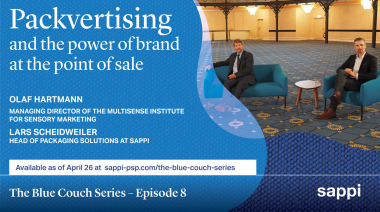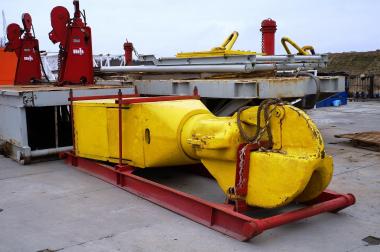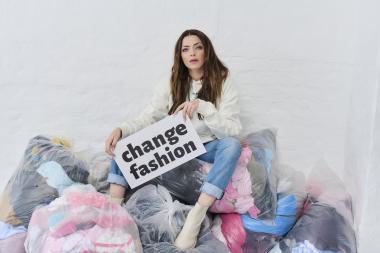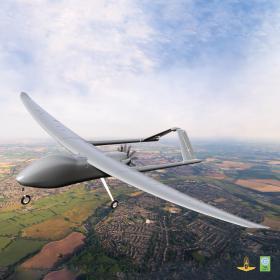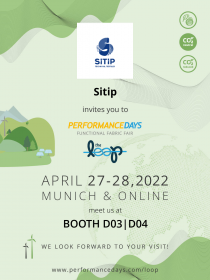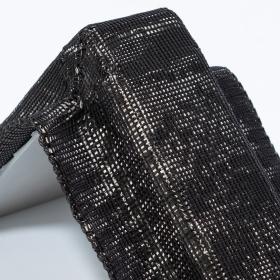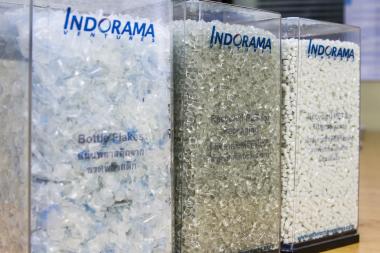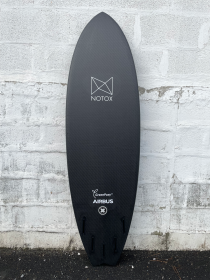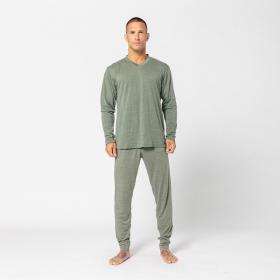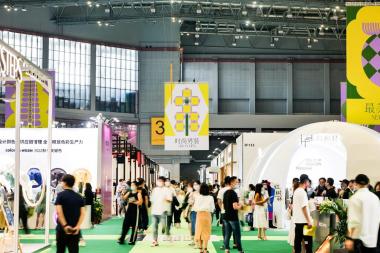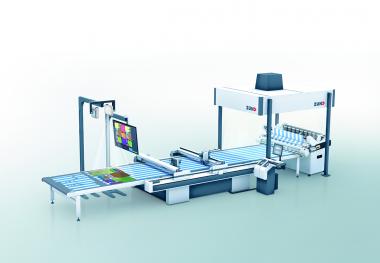Sappi's Blue Couch Series: “Packvertising” as an effective marketing strategy
Packaging not only protects the product, it is also a powerful marketing and advertising tool that influences customers’ purchasing decisions. In the upcoming episode of Sappi’s Blue Couch series, viewers will find out what is meant by “packvertising” and how brand manufacturers can best showcase their products at the point of sale.
- “Packvertising and the power of brand at the point of sale”
- Lars Scheidweiler, Head of Packaging Solutions at Sappi, and Olaf Hartmann, Managing Director of the Multisense Institute for Sensory Marketing
- Tuesday, 26 April at 10:00 (CET)
The way people make purchase decisions in the face of overwhelming choice is very complex. Subconsciously, the brain is constantly at work making judgements about sensory signals such as touch, smell and sound. To attract customer attention, manufacturers should not only pay attention to functionality when selecting packaging material, but also never lose sight of the tactile experience.
So how do brand manufacturers go about selecting the right packaging material? How can packaging trigger emotions with consumers? And what role does environmental awareness play here? Lars Scheidweiler, Head of Packaging Solutions at Sappi, and Olaf Hartmann, Managing Director of the Multisense Institute for Sensory Marketing, will discuss this in the upcoming episode of the Blue Couch Series. Among other things, Hartmann will report on an interesting experiment that illustrates the impact various surface structures have on consumer behaviour.
The “Packvertising and the power of brand at the point of sale” episode will be broadcast on 26 April.
Sappi Europe / Ruess Group


